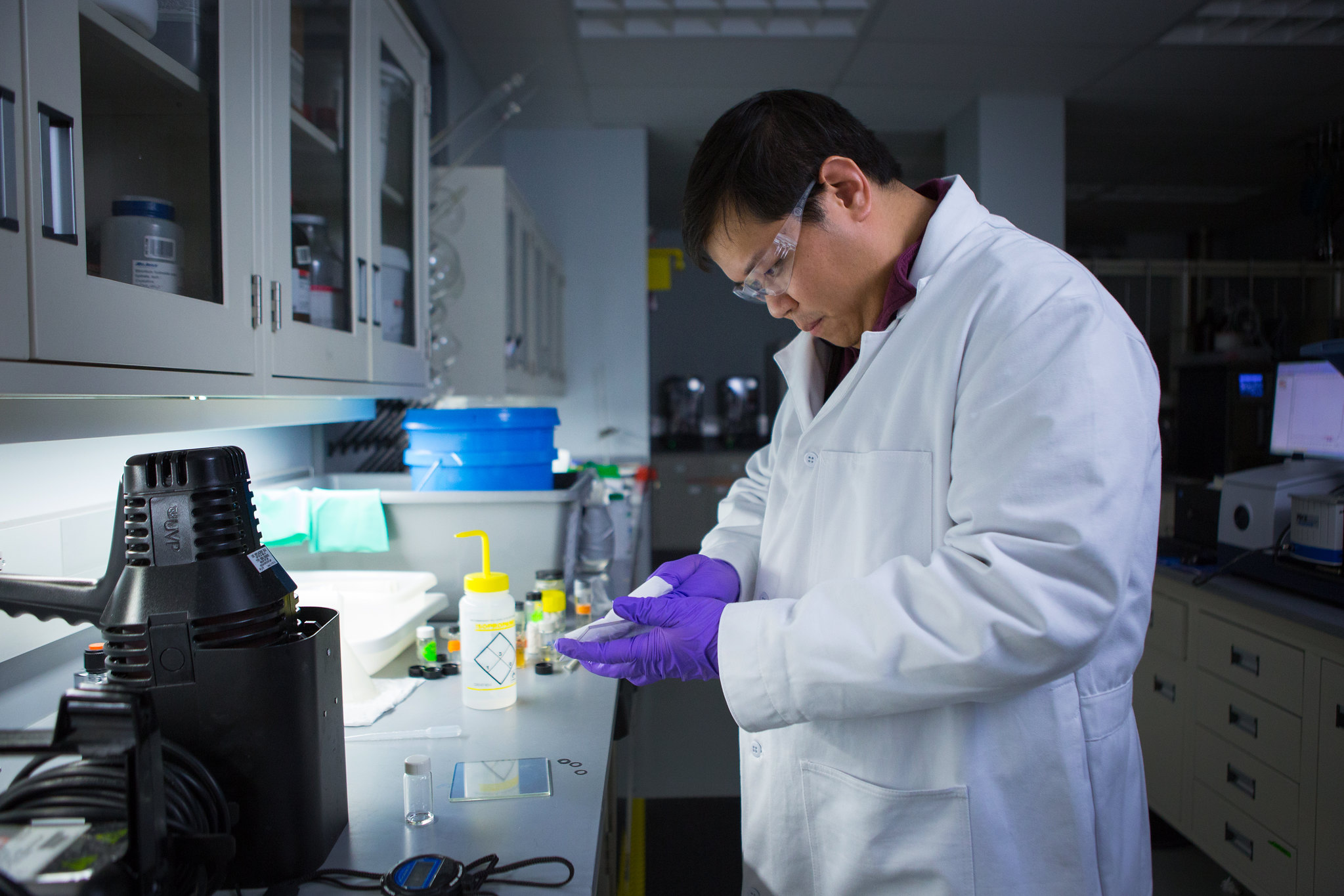Resource Sustainability

NETL’s Resource Sustainability Program seeks to improve the environmentally prudent characterization, production, transportation and utilization of our nation’s abundant natural resources. Research focuses on technologies that support the nation’s evolving energy needs and includes subprograms in Critical Minerals and Materials, Carbon Ore Processing, Advanced Remediation Technologies, Methane Mitigation Technologies and Natural Gas Decarbonization and Hydrogen technologies. Research conducted through these programs, which are supported by program funding, as well as funding from the Infrastructure Investment and Jobs Act and Inflation Reduction Act, focuses on supporting technology innovation and validation and responsible resource development.
The objectives of the NETL’s Resource Sustainability Programs are to:
- Develop and validate technologies to economically and responsibly produce rare earth oxides and critical materials from carbon ore and other resources.
- Extract the full economic value from carbon ore.
- Improve and expand resource characterization.
- Lower exploration and production risks.
- Improve resource transport infrastructure efficiency and resiliency.
- Accelerate resource availability and energy capacity for a variety of end users.
To advance program objectives, NETL supports research and development (R&D) in fundamental science concepts such as identifying the key research questions that present challenges to industry stakeholders and identifying enabling technologies to meet these challenges. This R&D leverages industry and academic partners to provide validation for concepts and technologies related to these challenges. Addressing these questions and advancing the development of novel tools, technologies and concepts are the primary drivers of these program research initiatives.
NETL’s research seeks to expand beyond the current state of scientific standards and industry best practices with focuses ranging from fundamental laboratory work through prototype development and field validation.
NETL partners with industry, academia, technology developers, government agencies and other national laboratories to ensure the effectiveness and efficiency of research projects throughout its portfolio. NETL works closely with key stakeholders to collect insight on issues where advances in technology may prove valuable, processes this information, and uses it to make informed R&D decisions and assist industry stakeholders in overcoming challenges related to each of the following research programs.
Minerals Sustainability
Develop and validate technologies to economically and responsibly produce rare earth oxides and critical materials from carbon ore, coal-based resources and other unconventional feedstocks. Research aims to develop a range of carbon-based and critical mineral products, spanning the entire value spectrum, from high volume through high value, for applications outside of traditional thermal and metallurgical markets. This program includes efforts in Critical Minerals and Materials and Carbon Ore Processing.
Advanced Remediation Technologies
Research and validate new technologies, tools and processes that address the technical challenges associated with affordable, reliable, secure, fossil energy production. This program includes efforts in Environmentally Prudent Stewardship, Gas Hydrates, and Water Management Technologies.
Methane Mitigation Technologies
Develop new technologies for better quantification and mitigation of methane emissions from each portion of the natural gas value chain. This program includes efforts in the areas of Methane Mitigation, Methane Quantification, Undocumented Orphaned Wells, and Natural Gas Conversion.
Natural Gas Decarbonization and Hydrogen Technologies
Support technology development and characterization for producing, transporting and storing pure hydrogen or blended gas streams in subsurface environments.
Energy Asset Transformation
Leverage and transform energy assets into high-value energy storage facilities, hydrogen plants, manufacturing facilities and community spaces. Transformations such as these will require technological advancements, as well as careful integration of workforce, environmental and safety considerations..
Explore the Site
NETL implements this effort as part of DOE’s Office of Fossil Energy and Carbon Management’s (FECM) Resource Sustainability Program



